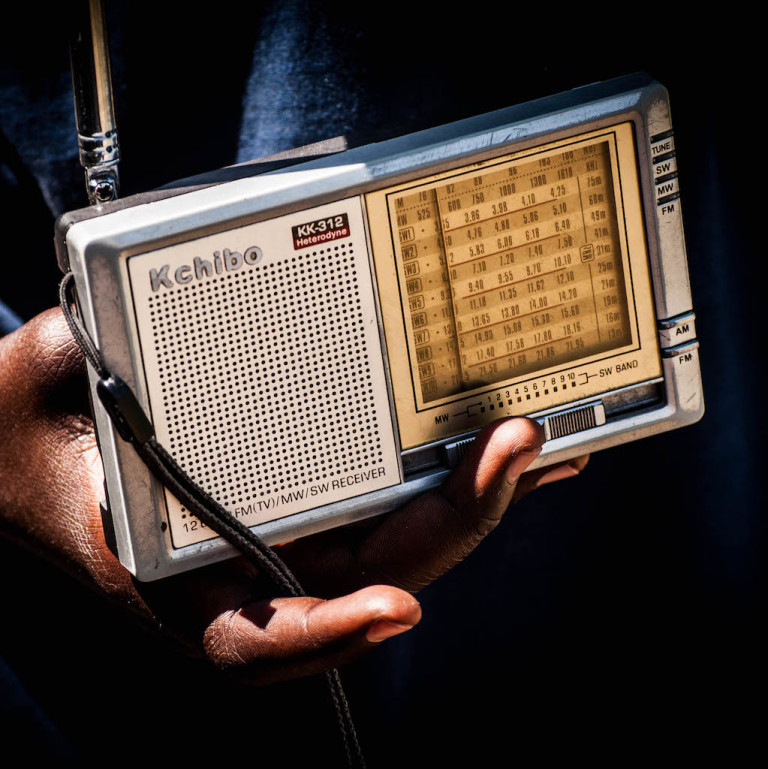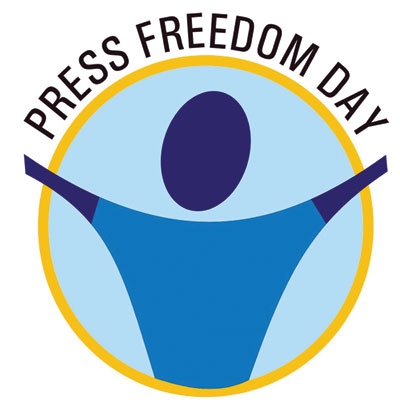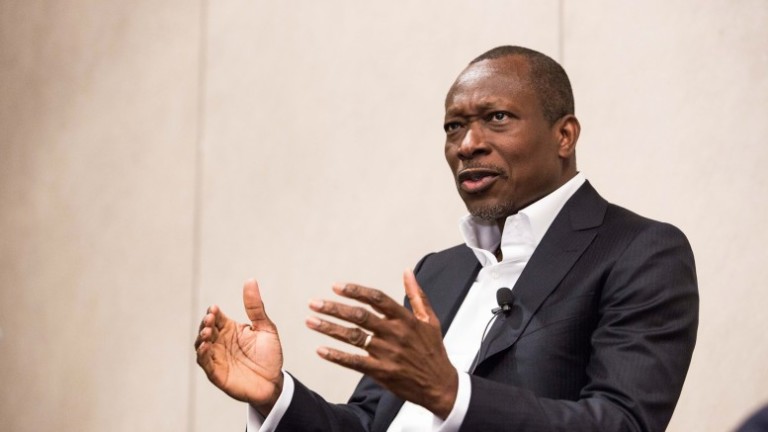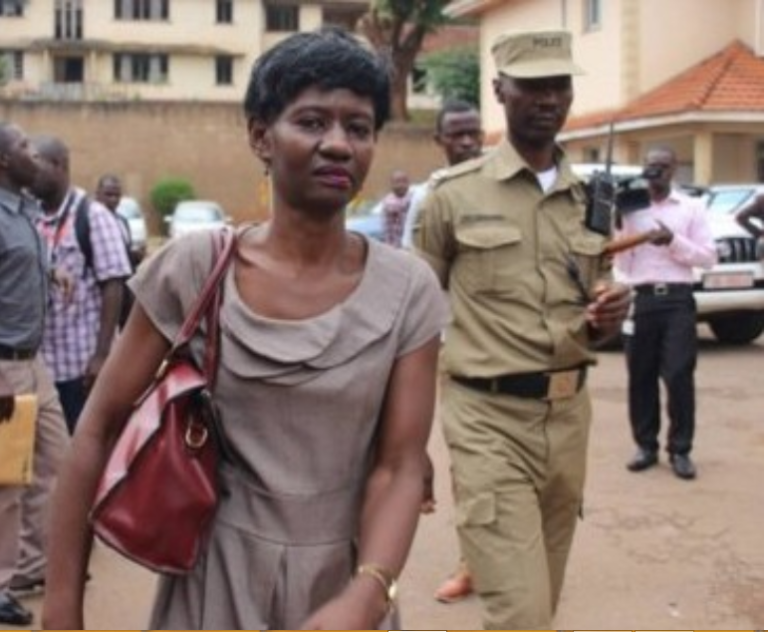GENEVA (4 May 2016) – A group of four United Nations human rights experts today urged the Government of Somalia to halt the continuous acts of intimidation and reprisals against members and leaders of two Somali trade unions, and to stop interfering in the unions’ internal affairs and activities.
“States have the obligation to respect and fully protect the rights of all individuals, including trade unionists, to associate and express themselves freely,” the experts stressed. “It is crucial that these individuals can exercise their rights without fear of violence, threats or acts of intimidation, smear campaign or harassment of any sort.”
Since 2011, members and leaders of the Federation of Somali Trade Unions (FESTU) and the National Union of Somali Journalists (NUSOJ) have been threatened and intimidated by both anonymous persons and by State officials.
NUSOJ’s Secretary-General, Omar Faruk Osman, and its Organizing Secretary, Abdiqani Sheik Mohamed, have been particularly targeted. In December 2015, Mr. Osman survived an assassination attempt in Mogadishu. The police reportedly opened an investigation, but it has been inconclusive.
Additionally, the human rights experts expressed serious concerns about acts of reprisals against Mr. Osman, that have followed the intervention of the International Labour Organization (ILO) urging the Somali authorities to comply with their international obligation regarding trade unions ‘rights.
They were alarmed at a complaint against him, dated 29 February 2016, accusing him of cooperating with international organizations and trying to harm the reputation of the Somali government.
During the time of the investigation, Mr. Osman will be prevented from traveling, his passport will be confiscated, he will be summoned if he happens to be out of the country and, should he fail to return following the summons, Interpol will be involved in his arrest warrant, the human rights experts pointed out.
“Such actions are particularly disturbing, and we call on the authorities to stop any act of reprisal, to hold the perpetrators of the reprisals and earlier threats accountable without delay and provide protection to Mr. Osman, his family and colleagues,” they urged.
The UN human rights experts noted that FESTU and NUSOJ leaders and members have also frequently been arrested and interrogated on their union and human rights activities, and have faced undue travel restrictions. In addition, the Somali authorities have interfered with the union’s internal affairs and activities, banning for instance the NUSOJ’s general assembly in February 2016.
“The Somali Ministry of Information attempted to designate a State official at the leadership of NUSOJ, and issued a press release on State-own media in which it did not recognize Mr. Osman as the elected Secretary-General of this union,” they said.
The UN human rights experts also expressed serious concern about the threats of reprisals against Mr. Osman, despite assurances made by the Government during the recent mission to the country by the UN Independent Expert on the human rights situation in Somalia, that it would respond to the concerns officially raised by a group of UN experts on 13 April 2016.
The Somali Federal Government has not yet responded to the experts’ communication, but instead issued the threats of reprisals to Mr. Osman shortly after the mission of the Independent Expert had concluded.
“Somalia is not fulfilling its international human rights obligations and the situation for trade unions keeps on worsening despite specific recommendations made by the International Labour Organization’s Governing Body urging the Somali Government to refrain from any further interference in the unions registered in Somalia, with particular reference to the NUSOJ and FESTU,” the experts said.
The experts: Mr. Bahame Tom Mukirya Nyanduga, Independent Expert on the situation of human rights in Somalia; Mr. Maina Kiai, Special Rapporteur on the rights to freedom of peaceful assembly and of association; Mr. David Kaye, Special Rapporteur on the promotion and protection of the right to freedom of opinion and expression; Mr. Michel Forst, Special Rapporteur on the situation of human rights defenders
The Special Rapporteurs and Independent Experts are part of what is known as the Special Procedures of the Human Rights Council. Special Procedures, the largest body of independent experts in the UN Human Rights system, is the general name of the Council’s independent fact-finding and monitoring mechanisms that address either specific country situations or thematic issues in all parts of the world. Special Procedures’ experts work on a voluntary basis; they are not UN staff and do not receive a salary for their work. They are independent from any government or organization and serve in their individual capacity.
Learn more, log on to: http://www.ohchr.org/EN/HRBodies/SP/Pages/Welcomepage.aspx
UN Human Rights, country page – Somalia: http://www.ohchr.org/EN/Countries/AfricaRegion/Pages/SOIndex.aspx
For more information and media requests, please contact Ms. Marion Mondain (+41 22 91 79 540 / [email protected]), Mr. Guillaume Pfeifflé (+41 79 109 6873 / [email protected]) or write to [email protected]
See more at: http://www.ohchr.org/EN/NewsEvents/Pages/DisplayNews.aspx?NewsID=19924&LangID=E#sthash.kPuXAvV1.dpuf









